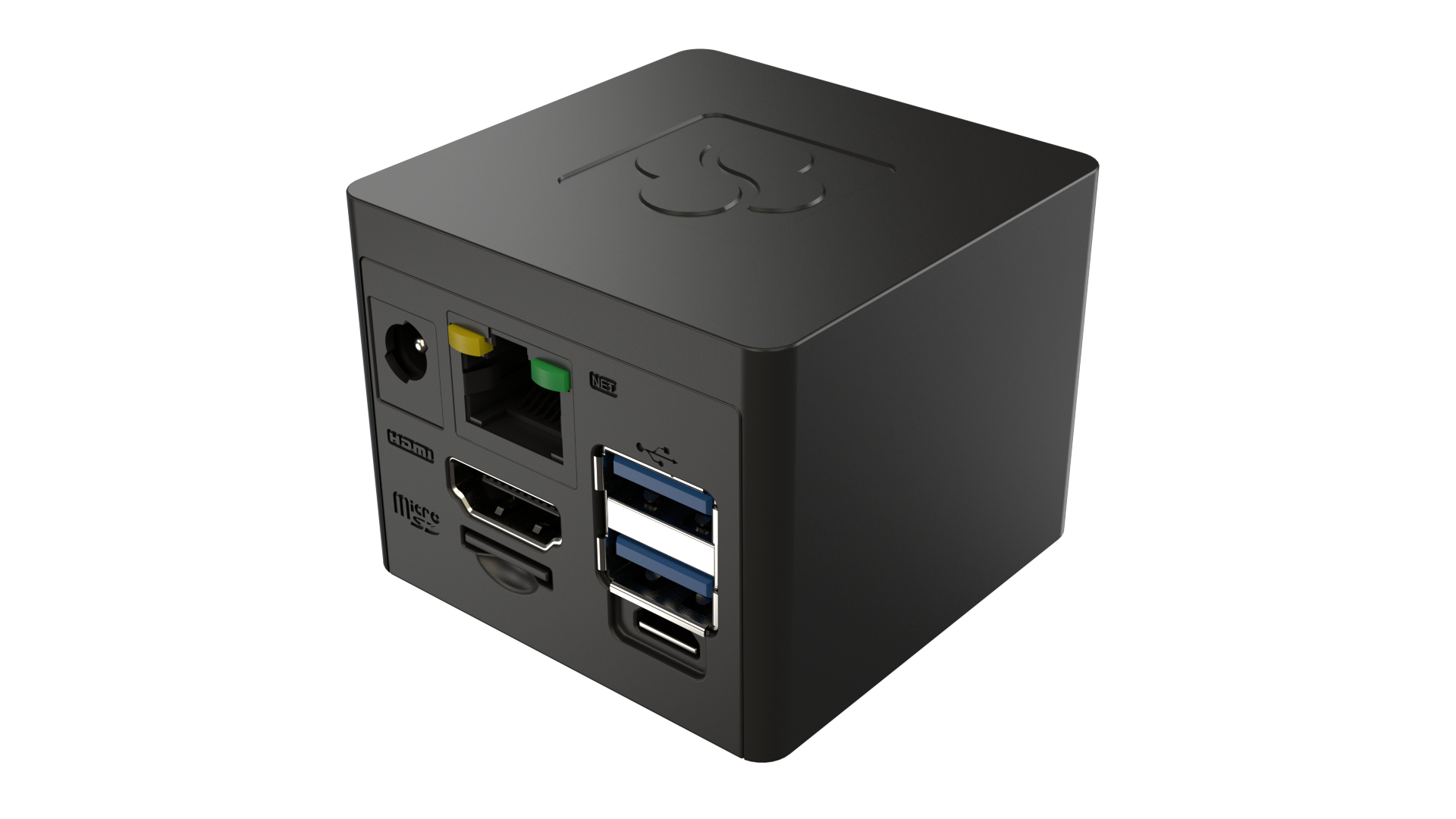This cube-shaped Raspberry Pi alternative can run both Android and Linux
CuBox-M can be used for all kinds of edge and IoT applications

The CuBox-M is a micro desktop computer, much like the Raspberry Pi, that’s stuffed into a cube-shaped box that’s small enough to fit in your palm.
Designed by Tel Aviv-based SolidRun, the CuBox-M measures just 2″x2″x2″, but still packs enough juice to make it usable for all kinds of uses, from IoT to edge computing.
"Not everyone working on Arm-based IoT software wants an exposed SBC (single-board computer) lying on their desk with wires hanging out of it. Sometimes a software developer or machine learning researcher just wants a streamlined system to test their product on, be it an Android application or a new Edge-based AI inference algorithm," said SolidRun's chief systems architect Jon Nettleton.
- Here are some of the best RaspberryPi distros
- Interested in learning Linux? Check these best Linux training providers
- These are the best Linux laptops for running Linux
Adequately equipped
According to SolidRun, CuBox-M can be used for artificial intelligence, machine learning, and natural language processing workloads. The computer can run Android 10, and the company is already working on porting Android 11 to the platform. Additionally, CuBox-M can also run Linux distros such as Debian.
You can have the compact desktop computer with either dual- or quad-core ARM Cortex A53 processor that can run upto 1.8Ghz. It comes with 4GB of LPDDR4-4000 RAM as standard, but this can be configured to up to 8GB of LPDDR4-4000.
The computer features an 8GB eMMC flash storage, and a MicroSD slot. Despite its size, SoliDrun has managed to squeeze in a couple of USB 3.0 ports and a single full-size HDMI 2.0 port that outputs up to 1080p at 60Hz. There’s no wireless and the gigabit ethernet port can also optionally be upgraded to a Power over Ethernet (PoE) port.
SolidRun is accepting pre-order for the CuBox-M starting at $99.
Are you a pro? Subscribe to our newsletter
Sign up to the TechRadar Pro newsletter to get all the top news, opinion, features and guidance your business needs to succeed!
- Subscribe to Linux Format magazine for more Linux and open source goodness
Via: Tom’s Hardware
With almost two decades of writing and reporting on Linux, Mayank Sharma would like everyone to think he’s TechRadar Pro’s expert on the topic. Of course, he’s just as interested in other computing topics, particularly cybersecurity, cloud, containers, and coding.
